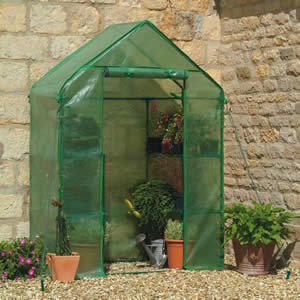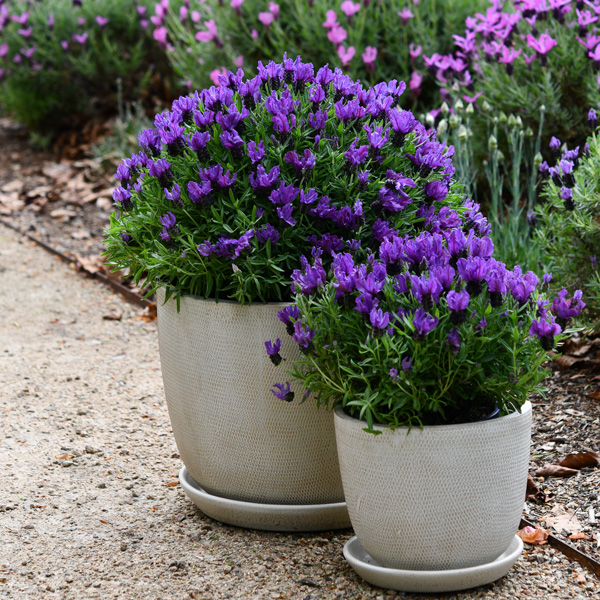What are Polytunnels: The Ultimate Garden Tool to Boost Your Crop Growth
What are polytunnels?

The climate is the bane of any gardener’s existence, dictating when we can and can’t grow our plants. Crops and vegetation are extremely sensitive to light and temperature, making it tricky to grow them outside of their preferred growing season.
If you’re looking to get the most out of your vegetable growth, then a polytunnel house that preserves their preferred growing climate for longer could be the solution for your garden.
Polytunnels are essentially the more cost-effective and versatile equivalent of a greenhouse. They are a steel framed, elongated semi-circular garden tunnel structure that has a polythene cover. The polytunnel plastic is designed to be durable in many types of weather, it is resistant to UV degradation for up to five years, and is inexpensive to replace. Many gardeners find that it is not uncommon for a polytunnel cover to last up to ten years.
A garden polytunnel can be crafted to suit any size of vegetable or crop garden. A mini polytunnel is a great option for gardens that have a smaller veggie patch, or you can have a garden tunnel that spans multiple metres for larger gardens.
What are polytunnels used for?
The main use of a polytunnel is to create the ideal climate for your crops. This gives you greater control and consistency over constantly varying weather conditions. Being able to maintain a higher temperature and humidity in your polytunnel house means you will be able to continue growing various types of fruits and vegetables, even when they’re not in season.
Advantages of using polytunnels
Polytunnels have been around for decades, but in the last ten to fifteen years they have risen in popularity. You are now just as likely to see polytunnels used on allotments as you are greenhouses. With more garden-friendly varieties coming to light, more and more home gardeners are setting up polytunnels to take advantage of their benefits.
We’ve created a list of polytunnel advantages many gardeners have identified.
Extend the growing season for your crops
Say goodbye to the down season in gardening. Polytunnels will keep your plants warm all year round. Of course, you can expect the tunnel to be hotter in summer as opposed to winter, but even in the cooler months your polytunnel can maintain up to thirty degrees.
What does this mean for your plants? The warmth from the polytunnel will extend their growing season and also ensure that the soil is prepared for when your next crop.
Keep your plants safe from pests and animals
Pests and animals love getting into veggie patches and eating what they can. The polytunnel acts as an additional protective barrier to prevent uninvited intruders.
Easy to assemble
Building a polytunnel is quite straightforward, especially when compared to erecting a greenhouse. The two main materials needed for the assembly of a polytunnel are the rods and the polytunnel plastic. Anchoring your rods correctly will help to prevent the polytunnel being swept away by a gust of wind.
Safer than greenhouses
Unlike a greenhouse, a polytunnel has no glass. Glass greenhouses can be quite dangerous in gardens, especially ones that have young children running around. The worst thing that can happen to a polytunnel is the plastic getting a tear. If this happens, a repair can be as simple as patching it with a piece of tape.
A versatile space
Polytunnels offer a lot of versatility in terms of size and style. For many gardeners, picking the biggest size that your garden will allow is a good option; the space can be used for storage and potentially make a great covered working area during wet weather.
What to grow in a polytunnel
Installing a polytunnel garden can be a great investment for any dedicated gardener, especially if you enjoy growing seasonal crops like these:
Winter
- Garlic
- Raddish
- Broad beans
- Turnip
Summer
Whether you’re building a tomato polytunnel or want to know more about polytunnel gardening, the experts at Garden Express have all the answers you need. Simply get in touch by calling 1300 606 242, or filling out our online contact form.








Comments are closed.